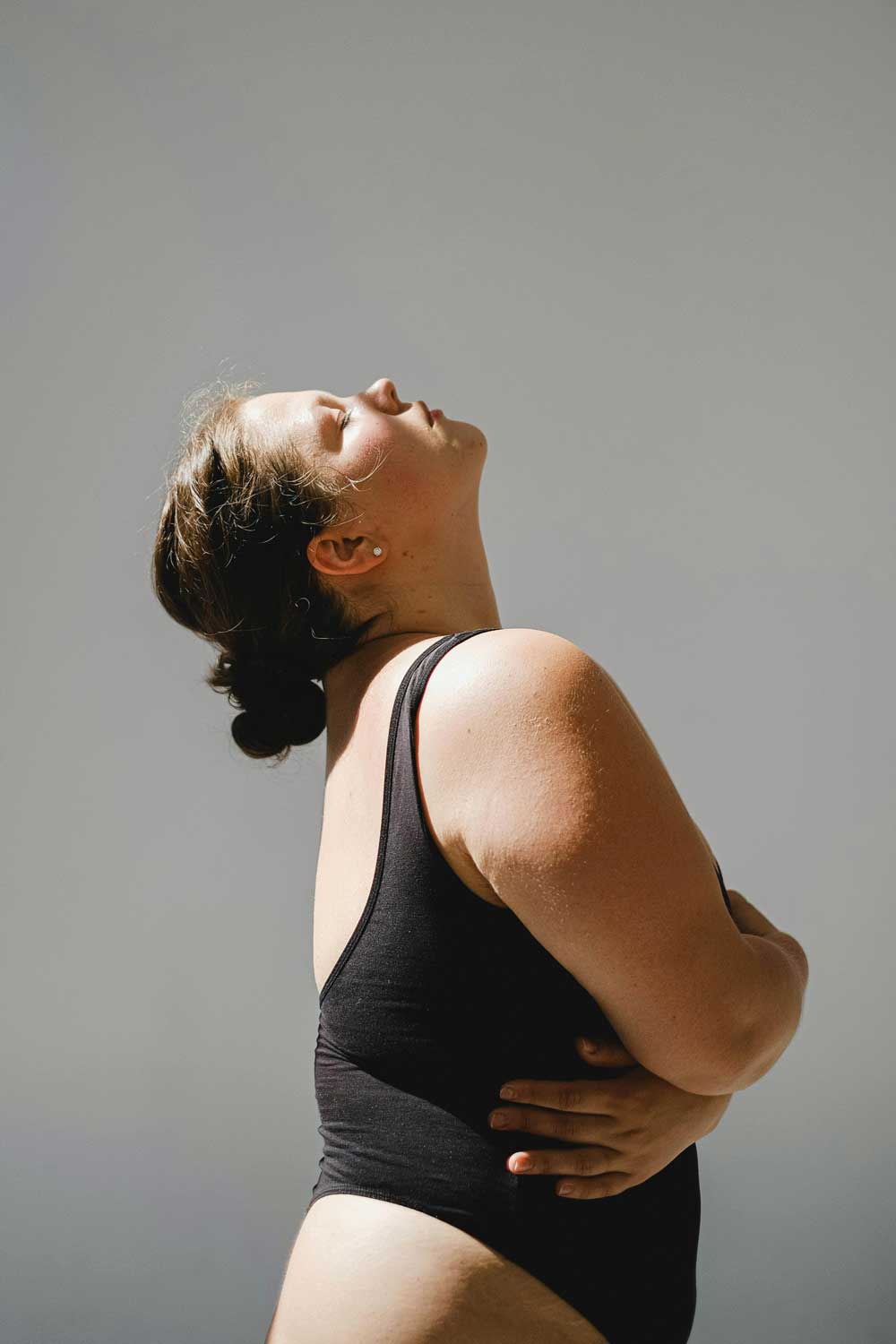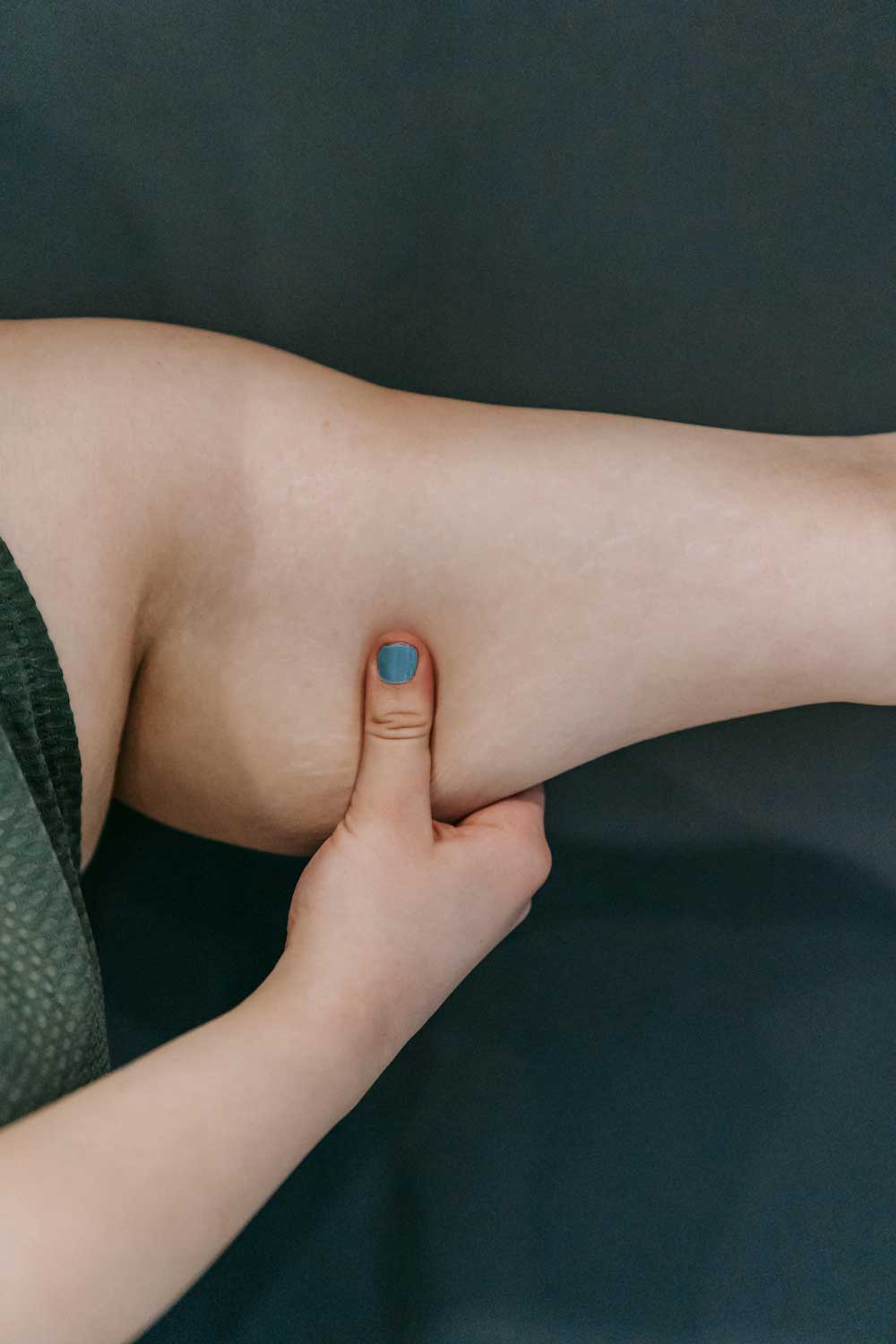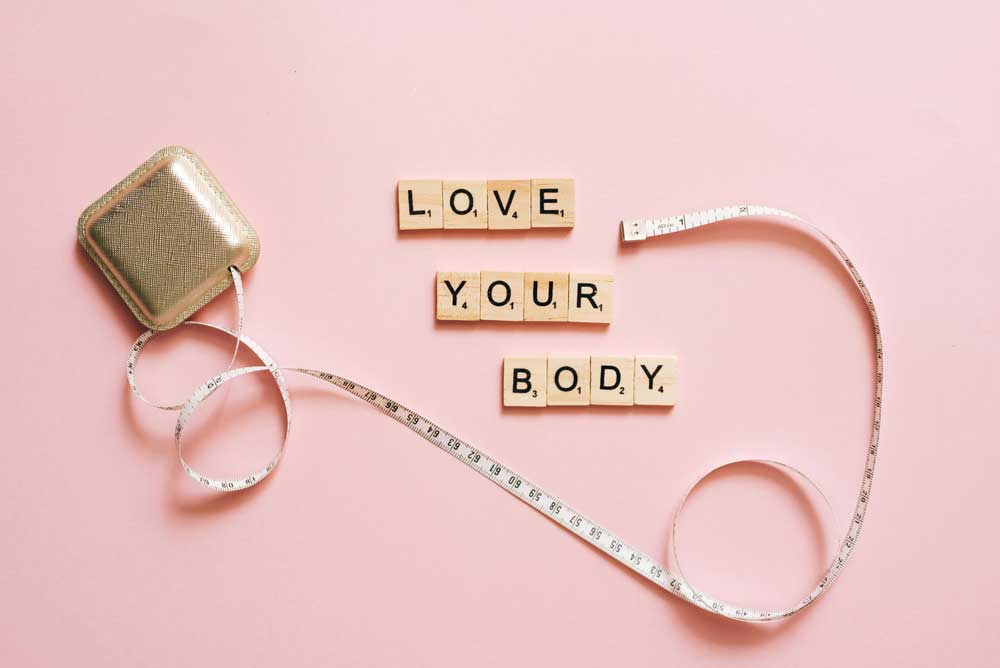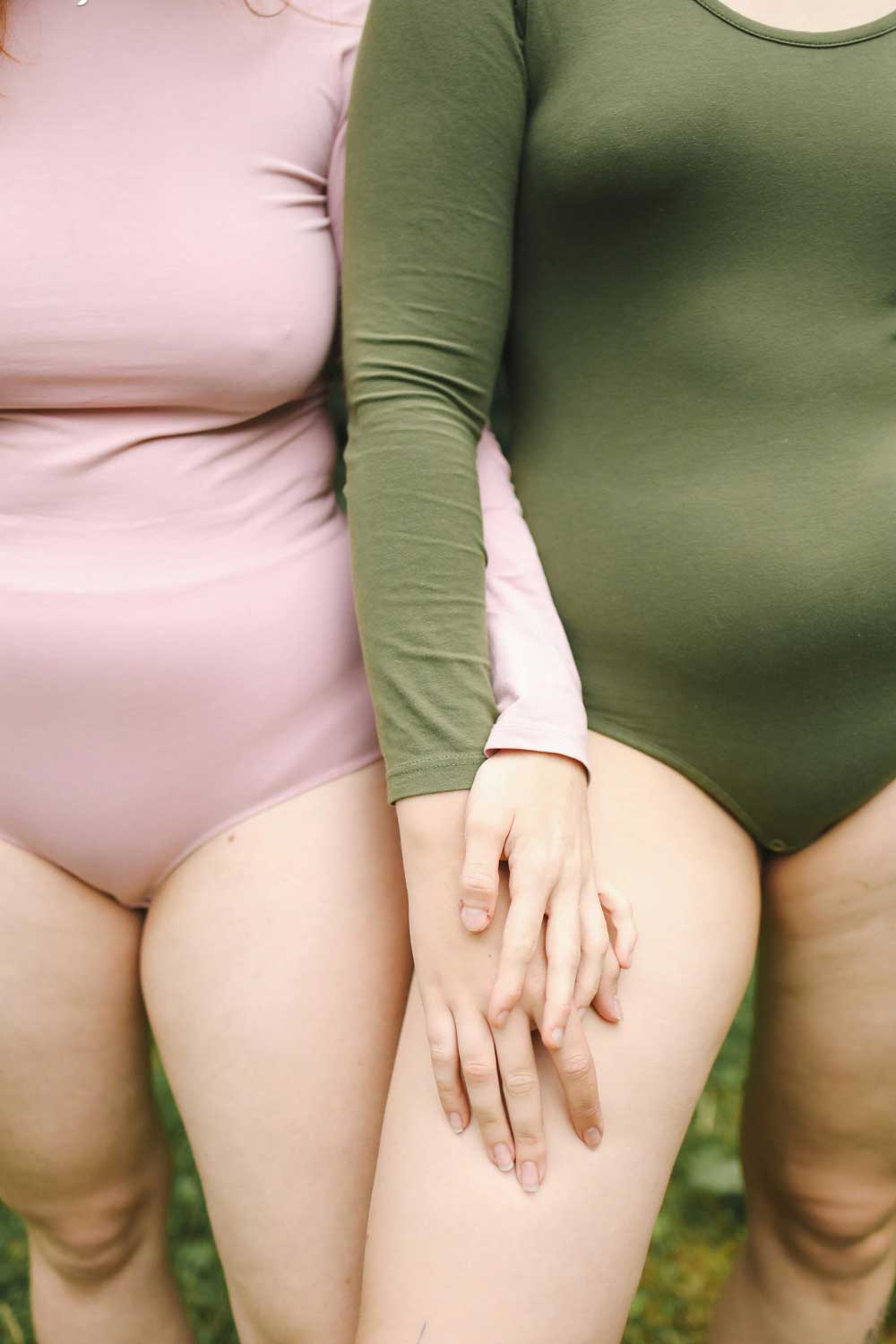Internalised fatphobia is a pervasive issue that impacts many people's lives, influencing not just their self-esteem but also their fashion choices. For those struggling with body image, this internalised bias often leads to covering up and hiding rather than expressing individuality and confidence through clothing. Many women experience this firsthand, and their stories illustrate the profound impact internalised fatphobia can have.
Understanding Internalised Fatphobia
Internalised fatphobia occurs when individuals who are overweight adopt the belief that their size makes them less deserving of opportunities or equal treatment compared to thinner individuals.
While thin people might experience body dysmorphia, dissatisfaction with their appearance, and low self-esteem, they do not face internalised fatphobia because they don't encounter the same level of societal oppression that overweight individuals do.

People who internalise fatphobia might believe that fat individuals are:
- Unattractive
- Lazy or lacking discipline
- Less deserving of love or success
- Less intelligent
- Personally responsible for any health issues they face
These beliefs can significantly alter a person’s behaviour. They might avoid having their picture taken or looking in mirrors, and they might turn down opportunities like job interviews or dates due to insecurities about their weight. This mindset can also lead to cycles of yo-yo dieting and self-punishment for not achieving a “goal weight.”
Internalised fatphobia often represents a subconscious effort to gain approval in a society that values thinness. It reflects a hope that others will think, "Well, she may be fat, but at least she eats healthy/goes to the gym/is trying to lose weight," and therefore treat them better than their overweight peers who are simply striving to be accepted.

Women across different ages and backgrounds share similar struggles and its influence on their style choices.
"I know that I have learned to hate my body and always try to hide it," says Suchitra, 33. "I remember wanting to wear a red dress for my 13th birthday. But the lady there said, 'You won’t find anything in her size here, she is too big for an off-shoulder dress.' I'm now 33, and to this day, I've never worn that dreamy off-shoulder red dress."
Mihika, 15, also feels the pressure of societal expectations. "It feels like my body is always out of style. I'm not a big girl, but I have breasts, a backside, and a slight muffin top that people always point out. I can't change my body, so I cover it up with high necklines, full sleeves, and long loose dresses. I shop from women's brands, not teenagers', because colourful fitted clothes make me feel self-conscious."
Jolene, 21, often finds herself dressing to avoid negative attention. "I often catch myself doing this, hoping that by showing self-loathing, others might think, 'She's fat, but at least she's not proud of it,' and maybe treat me better than those who refuse to be treated as inferior. I opt for clothes, hairstyles, and no makeup that will help me blend in and not draw attention."
Rutuja, 14, echoes this sentiment. "I know that I have learned to hate my body. I know the messages, the images, the comments, both cruel and well-intended. I know the sinking feeling of seeing my changing body in the mirror, the sharp pain as my clothes dig into newly soft flesh. I despise my body and try to hide it under loose T-shirts and baggy pants, often avoiding social functions altogether."

Combating Internalised Fatphobia
Deconstructing internalised fatphobia can be challenging, but various approaches can help you discard the harmful beliefs ingrained over time.
Detach Weight and Health from Self-Worth
Society often links being slim with being healthy and valuable. To counter internalised fatphobia, begin by rejecting this association. Recognise that your value is not tied to your appearance or physical capabilities. You are worthy in your current form, irrespective of societal norms.
Understand Diverse Experiences
Fatness varies widely, and people have different experiences based on their size. As someone on the "small-fat" end, I have faced fatphobia in medical settings but haven't had issues with public transport, plus-size clothing, or missed opportunities due to my size. Those on the larger end may face significant barriers, such as being excluded from public transit and plus-size clothing brands. It's essential to support those facing more extreme discrimination.
Embrace the Health at Every Size® (HAES®) Approach
The HAES® movement promotes a comprehensive view of health, advocating that health pursuits are not a moral duty. It upholds that health status should not be a basis for judgement or discrimination. HAES® principles include:
Weight Inclusivity: Dismissing the notion of idealising or demonising certain body types.
Health Enhancement: Enhancing access to services that improve overall well-being.
Eating for Well-being: Focusing on hunger, fullness, nutritional needs, and enjoyment rather than weight management.
Respectful Care: Combating weight discrimination.
Life-enhancing Movement: Encouraging physical activity that is accessible and enjoyable for everyone, regardless of size and ability.

Social Media Boundaries
Social media can have both positive and negative impacts. While it can connect you with supportive communities, it can also expose you to unrealistic beauty standards and negative comments. If social media contributes to internalised fatphobia, consider a break. Afterwards, unfollow accounts that foster negative feelings.

Positive Self-Talk
Many people engage in self-criticism that is far harsher than they would direct at others. When negative thoughts about your body arise, replace them with kind, affirming ones. For instance:
Negative Thought: My thighs are too large. Positive Replacement: My legs carry me where I need to go.
Negative Thought: I feel fat. Positive Replacement: Fat isn't a feeling. I'm experiencing anger/sadness/frustration. I need to be kind to myself and practice self-care.
Avoid Diet Talk: Diet talk includes discussing food restrictions or exercise for weight loss and making comments about people's size, weight, or food choices. Engaging in such talk reinforces a culture that prioritises thinness over well-being. Internalised fatphobia significantly affects how we view ourselves and make style choices.
By recognising and addressing this issue, we can move towards a more inclusive and accepting society where everyone feels confident and beautiful in their own skin. The stories of Suchitra, Mihika, Jolene, and Rutuja highlight the urgent need for change and the potential for a future where all bodies are celebrated.